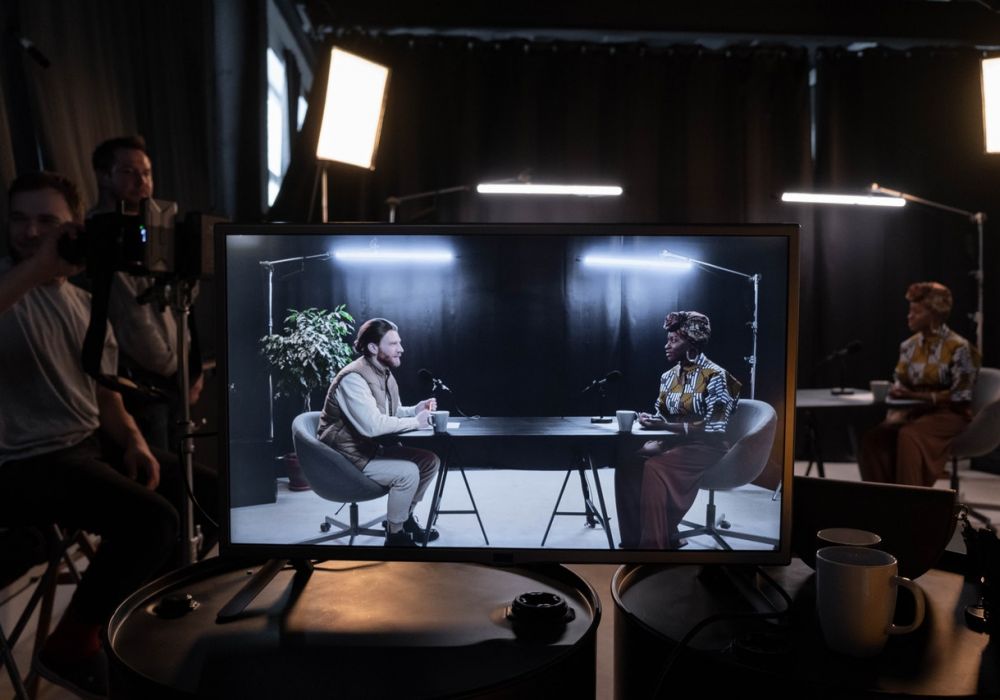How Are AI Tools Changing The World?

Artificial Intelligence (AI) tools are changing the world in many ways. In the last few centuries, technology has been changing quickly, right in front of our eyes.
Ai is one thing that everybody is either very interested in or a little scared of. AI is changing how digital marketing campaigns are run, from using forecasting analytics to better divide customers into groups to using algorithms for machine learning to enhance ad targeting.
Many sites like https://aitooltracker.com are promoting AI and facts linked with it. AI has the potential to revolutionize industries and transform the way we live and work. Let us see how AI is changing the world.
Ways AI Tools Are Changing The World
Here are some of how AI tools are changing the world.
1. Healthcare
AI tools are revolutionizing healthcare by enabling better diagnosis, treatment, and monitoring of diseases. AI algorithms can analyze medical images, predict disease risk, and assist in developing new drugs.
Additionally, AI-powered robots and chatbots can provide personalized care and support to patients.
2. Transportation
AI tools are transforming the transportation industry by improving efficiency and safety. Self-driving cars and trucks are being developed and tested, which can reduce traffic congestion and decrease accidents caused by human error.
Additionally, AI-powered traffic management systems can optimize traffic flow and reduce carbon emissions.
3. Education
AI tools are changing the way we learn and teach. AI-powered educational platforms can provide personalized learning experiences that adapt to individual student needs and preferences.
Additionally, AI algorithms can analyze student data to provide insights into learning patterns and identify areas where students may need additional support.
4. Customer Service
AI tools transform customer service by enabling faster response times and more personalized experiences. Chatbots and virtual assistants can provide 24/7 support to customers, answering questions and resolving issues in real time.
Additionally, AI-powered analytics can analyze customer data to identify trends and provide insights into customer behavior.
5. Manufacturing
AI tools are improving efficiency and quality in the manufacturing industry. AI-powered robots can perform repetitive tasks with greater accuracy and speed, reducing labor costs and increasing productivity.
Additionally, AI algorithms can monitor production processes and identify areas for improvement, resulting in higher-quality products.
6. Finance
AI tools are changing the finance industry by improving fraud detection, risk management, and customer experience. AI algorithms can analyze large amounts of financial data to identify fraudulent transactions and predict market trends.
Additionally, AI-powered chatbots can provide personalized financial advice and support to customers.
7. Agriculture
AI tools are transforming the agricultural industry by improving crop yields and reducing waste. AI-powered sensors and drones can monitor crop growth and identify areas where additional water or fertilizer is needed.
Additionally, AI algorithms can predict weather patterns and help farmers make more informed decisions about planting and harvesting.
8. Environment
AI tools are helping to protect the environment by monitoring and analyzing data related to climate change and pollution. AI algorithms can analyze satellite data to track changes in the Earth’s climate and predict the impact of human activities on the environment.
Additionally, AI-powered sensors can monitor air and water quality, helping to identify areas where pollution is a problem.
Conclusion
In conclusion, AI tools are changing the world in many ways, from improving healthcare and transportation to transforming education and manufacturing.
If we need any more proof that AI will transform the world, let’s finish with this simple fact: AI is the base on which many other digital trends are built.
This implies that we wouldn’t have been able to make fantastic progress in areas such as self-driving cars, virtual reality, chatbots, facial recognition, and robotics without AI.
AI has been a part of almost every new technology or scientific discovery that has changed the world in the past few years. AI has the potential to revolutionize industries and transform the way we live and work.
As AI continues to develop and evolve, we can expect to see even more profound changes in the future.










